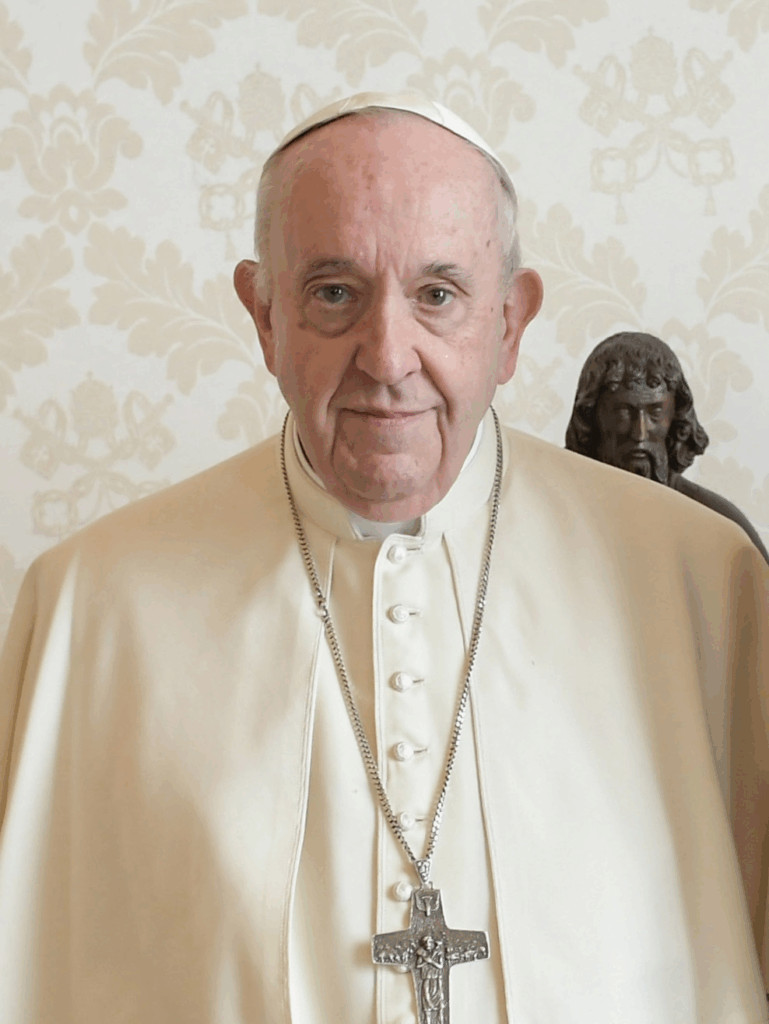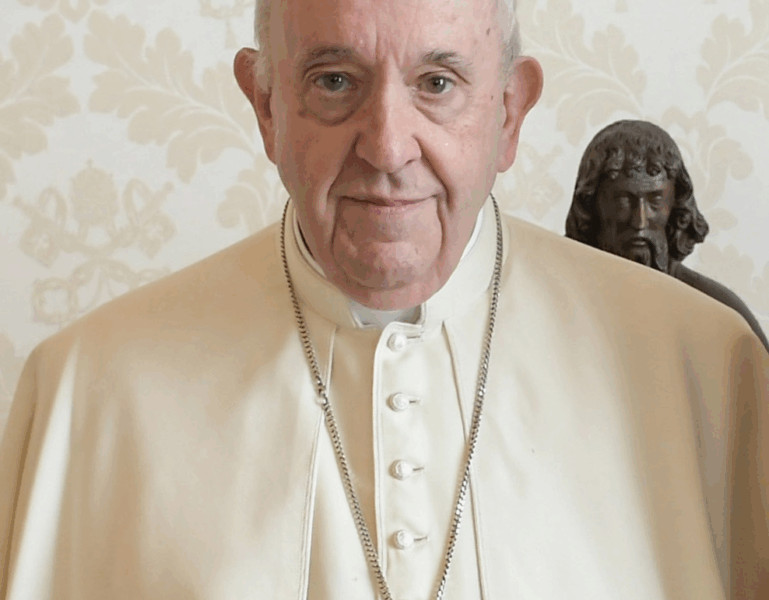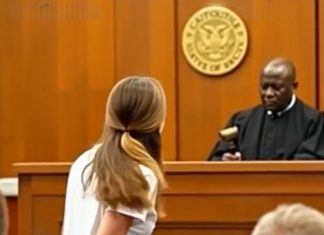The Future of the Catholic Church: A New Papal Election on the Horizon
The recent passing of Pope Francis has set the stage for a pivotal moment in the history of the Roman Catholic Church. As the College of Cardinals prepares to enter the conclave to select a new pope, the dynamics are unlike anything seen in previous elections. With Pope Francis having appointed around 80% of the electors, the outcome is bound to be influenced by his legacy, but the diversity among the cardinals makes predictions challenging.

Pope Francis, who was the first Jesuit pope and a leader from the Global South, was known for his reformist approach to Catholic doctrine and governance. His tenure fundamentally altered the Church’s leadership structure, steering away from tradition towards a more inclusive and globally representative body. His death on Easter Monday, April 21, 2025, at the age of 88 in the Vatican’s Casa Santa Marta has left a significant void in the Church’s hierarchy.
Pope Francis died on Easter Monday, April 21, 2025, at the age of 88 at his residence in the Vatican’s Casa Santa Marta. pic.twitter.com/jUIkbplVi2
— Vatican News (@VaticanNews) April 21, 2025
As the cardinals gather in the Sistine Chapel, they will begin the solemn process of electing a new pope, a procedure steeped in tradition yet shrouded in secrecy. The conclave will consist of a series of private votes until one candidate achieves the required two-thirds majority. Historically, such elections have been rooted in rigid hierarchies and geographical conventions, but the landscape this time is markedly different.
Not only has Pope Francis nominated cardinals from regions previously overlooked—such as Tonga, Papua New Guinea, and South Sudan—but the fact that a significant portion of the voting cardinals are non-European is a first in the Church’s history. This shift raises the possibility of electing a pope from Asia, Africa, or the Americas, regions that represent a growing proportion of the world’s Catholic population.
One notable figure among the electors is Mykola Bychok, a 45-year-old Ukrainian bishop recently appointed as a cardinal. His elevation to the rank of cardinal marks him as the youngest member of the College and the highest-ranking Catholic authority in Australia. This is a significant milestone, as he is only the ninth cardinal in Australia’s history and the first to achieve this status since George Pell.
The election of the next pope has the potential to reshape the Catholic Church’s direction for years to come. As the cardinals weigh their options, the list of potential candidates, or “papabile,” is both extensive and diverse. Leading candidates include:
- Pietro Parolin (Italy, 70) – The Vatican’s Secretary of State, known for his diplomatic skills but with a controversial stance on social issues.
- Luis Antonio Gokim Tagle (Philippines, 67) – Often referred to as the “Asian Francis,” Tagle is known for his pastoral care and commitment to marginalized communities.
- Fridolin Ambongo Besungu (Congo, 65) – The Archbishop of Kinshasa, respected for his leadership in a continent critical for the Church’s growth.
- Kodwo Peter Appiah Turkson (Ghana, 76) – Previously a strong candidate known for his engaging personality while maintaining traditional views on various issues.
- Péter Erdő (Hungary, 72) – Seen as a compromise candidate, Erdő is well-liked in both European and African circles.
- Reinhard Marx (Germany, 71) – A progressive voice on various issues, though past controversies may hinder his prospects.
- Robert Prevost (USA, 69) – A reform-minded candidate with a controversial past, Prevost has connections across the Americas.
- Sarah Robert (Guinea, 79) – A theological heavyweight favored by traditionalists despite his limited appeal among progressives.
- Michael Czerny (Canada, 78) – A Jesuit closely connected to Francis, making his ascension to the papacy unlikely given the tradition of not having consecutive Jesuit popes.
- Marc Ouellet (Canada, 80) – Ouellet’s extensive experience is valuable, even though he is no longer eligible to vote.
- Angelo Scola (Italy, 83) – His bond with Francis remains significant, but his age may limit his chances.
The cardinal electors will evaluate a variety of factors before selecting the next pope, including personality, geography, and theology. The approach of Pope Francis, which emphasized empathy, inclusivity, and the practical application of Church teachings over rigid adherence to doctrine, has set a high bar for his successor. This pastoral theology may be among his most enduring legacies, as noted by U.S. Cardinal Robert McElroy.
Moreover, the cardinals must navigate a complex landscape of cultural and geopolitical challenges, including the Church’s role in global conflicts, migration issues, and the ongoing climate crisis. They will also face the uncomfortable reality of dealing with the Church’s past scandals related to clerical sexual abuse.
As these cardinals convene, many of them will be meeting for the first time, and their varied backgrounds and perspectives will contribute significantly to their discussions. Prior to entering the conclave, they will engage in congregational meetings to assess potential candidates and understand the viewpoints of those unfamiliar to them.
To elect a new pope, a candidate must secure a minimum of 90 votes, which will require broad consensus among a diverse electorate. This diversity—both in terms of geography and theological outlook—means that the future direction of the Catholic Church remains uncertain. Will the cardinals choose a leader who advocates for a return to traditional values, or will they continue the trajectory set by Pope Francis? Which continent will give rise to the next pope, and will his leadership style reflect a more administrative approach or the charismatic engagement characteristic of Pope Francis?
As this historic moment unfolds, the eyes of the world will be watching closely, eager to see how the next chapter in the Catholic Church’s history will be written. Please SHARE this article with your friends and family to ignite meaningful conversations!

















